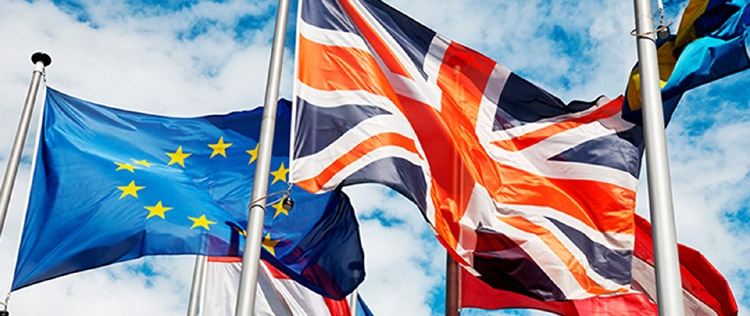Published: 12:00 AM, 17 January 2017
UK softens on Brexit pace, Belgium differs

Just as London appears to be coming round to the idea that it will need a temporary transitional agreement with Brussels to smooth its exit from the European Union, it may find the position of European leaders has hardened.
For months the working assumption in Brussels has been that it would be impossible to manage Britain's exit from the EU by a 2019 deadline without a temporary transitional deal to govern trade terms until a final arrangement can be hammered out.
The idea is favored by businesses on both sides of the channel who want to minimise uncertainty, and by the technocrats tasked with hammering out a deal, who say a final pact cannot be reached in time.
The only people who didn't seem to like it were hardliners in London who said they preferred a clean break. But with Prime Minister Theresa May lately softening her Brexit means Brexit rhetoric to emphasise the need to avoid forcing businesses off a cliff edge, the positions of European leaders only seem to have hardened.
Senior European officials who spoke to Reuters on condition of anonymity no longer sound convinced that a transitional deal is as inevitable as it once seemed. The technicians of course say it's obvious. But frankly, politically it's not at all, a senior EU official told Reuters. Do the Brits really want it On the kind of terms we can offerThere's a real danger they will just fall off the cliff.
May intends to set a two-year clock running on Britain's exit negotiations by late March. She is due to give a speech on Tuesday, and any hint she gives that she will accept a transitional arrangement could make headlines.
While she has so far given few details of her negotiating position, Britain unmistakably softened its stance on a transitional arrangement last month. David Davis, the cabinet minister tasked with overseeing exit from the European Union, said in early December he was not really interested in a temporary deal.
But a week later British newspapers carried reports that he had privately said he was not opposed to one.EU Brexit negotiator Michel Barnier, in his only detailed public comments so far, stressed last month that a transitional deal was no certainty and would depend first on broad agreement on the long-term way ahead.
But generally EU negotiators have spoken in private as if a transitional deal were inevitable. They have long described Brexit as a three-stage process of negotiation, transition and divorce, which cannot realistically be rushed.
That inevitability no longer seems to be the assumption in Brussels, even though the economic logic favors it. A second EU official closely involved in Brexit planning noted that Britain depends more on EU trade than vice versa, which means London needs a transition more than Brussels does.
Economically, the EU has much less incentive than Britain to arrange a transitional deal, the official said. Politically the logic of the talks will be to keep the Brits as close as possible even after the divorce, the official added.
The terms of a transition would depend on the long-term goal if a free trade deal is the ultimate aim, it makes no sense to impose tariffs on British goods that are only going to be removed again, so a duty-free transition would be logical.
Time is tight even for a basic deal to settle issues on money, citizenship, law and so on next year, so any interim pact may need to be simple The divorce terms will be so difficult to negotiate that I think that it will be impossible to have a negotiation on the transitional arrangement, the lead Brexit negotiator from one of the 27 other member states told Reuters.
The timeframe is going to be really short.
-Reuters, Brussels




